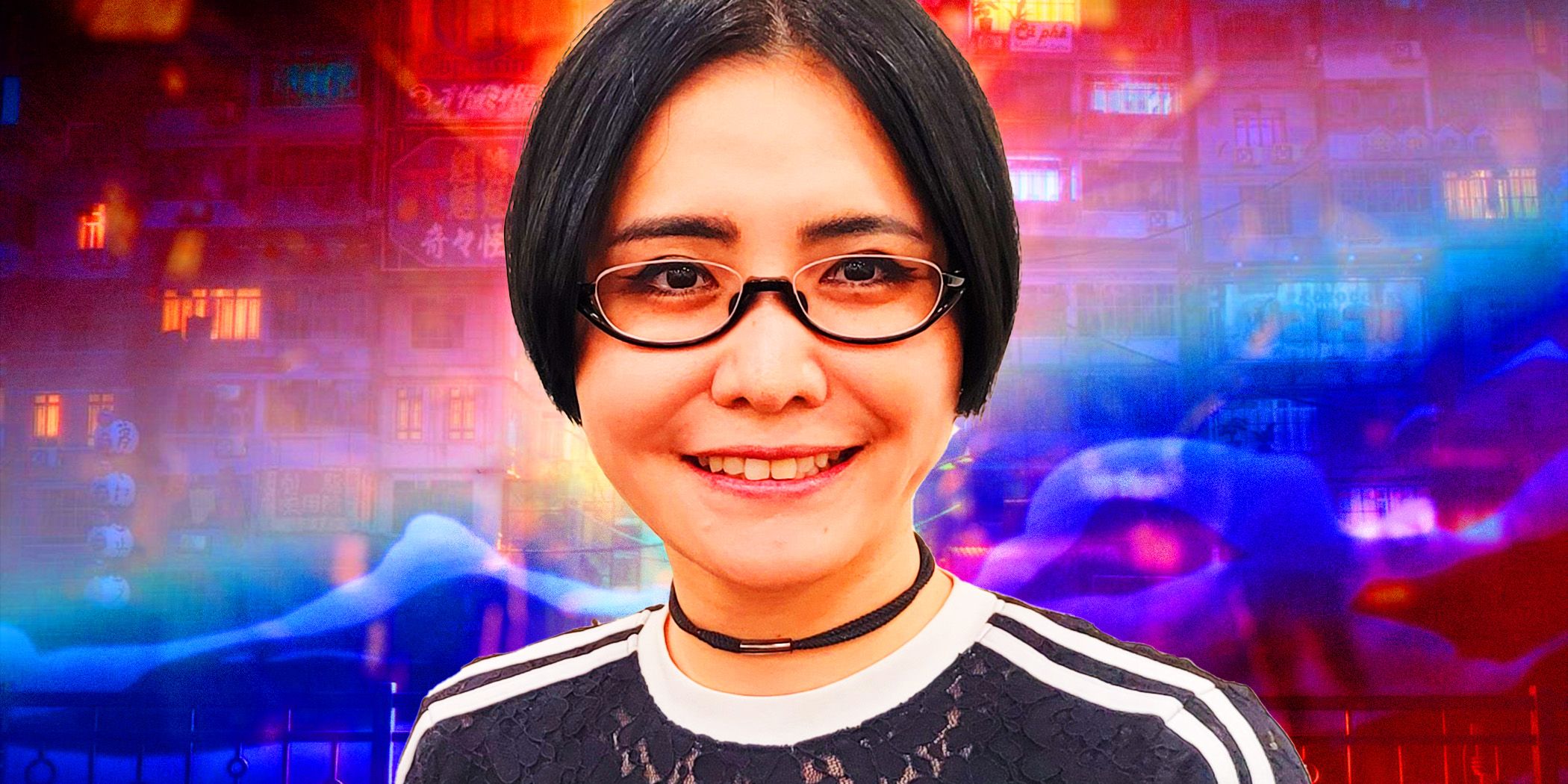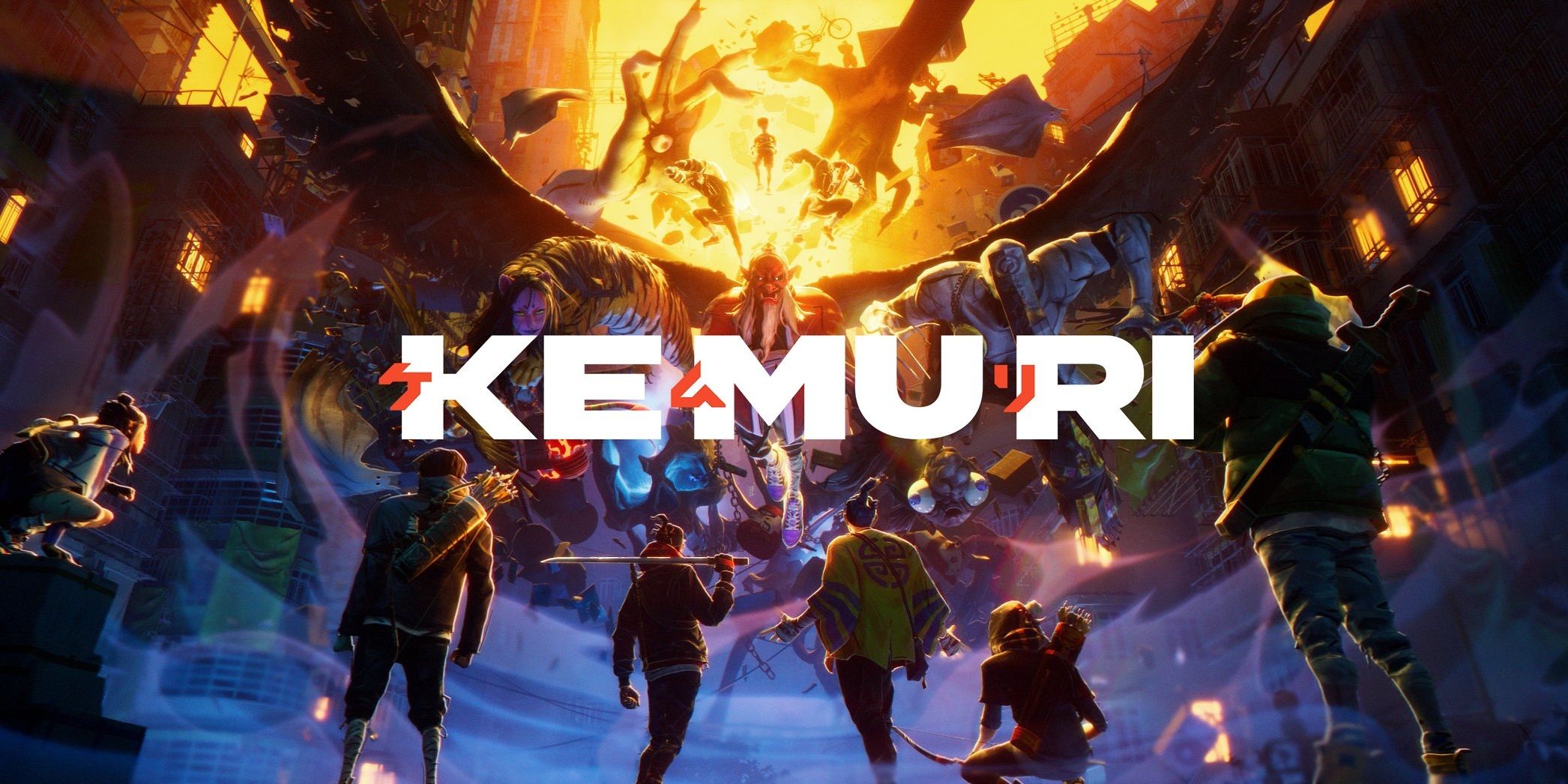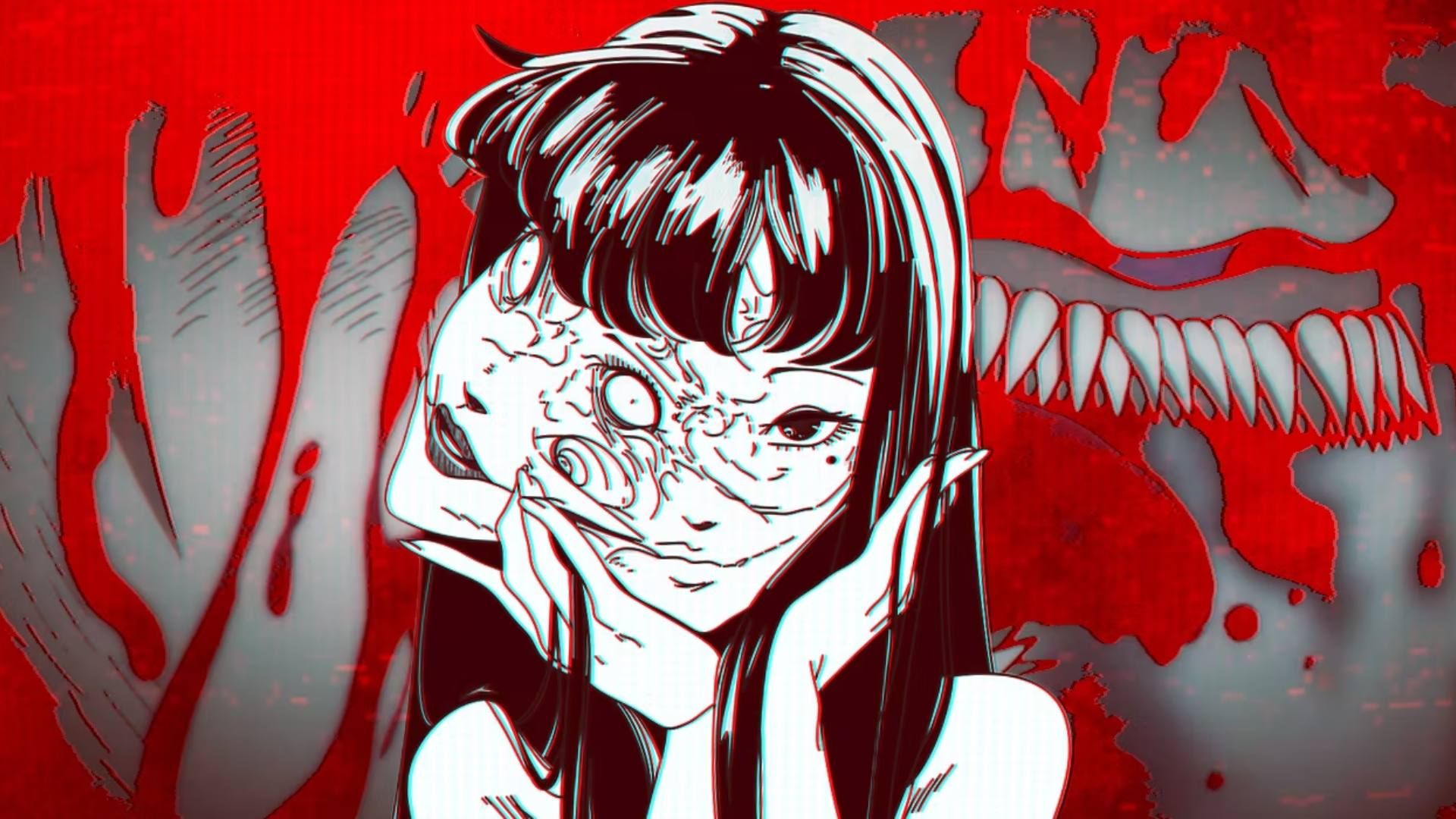
Japanese developer Ikumi Nakamura, known for her work on Kemuri, Ghostwire: Tokyoand The Evil Withinhas one of the most prominent careers in the gaming industry and, more specifically, in the horror genre. She became a viral sensation when she debuted a trailer for Ghostwire: Tokyo at E3 2019 and showing his work at Tango Gameworks. However, Nakamura began his work much earlier, having started out as a background production artist for Okami at Clover Studios. Later, with the closure of Clover and the start of PlatinumGames, the developer worked as a concept artist for the highly regarded Bayonet.
Nakamura's name was closely linked to the fact that Hideki Kamiya worked with him at Clover and PlatinumGames, and then she became an apprentice to Shinji Mikami, the creator of Resident Evil series while they worked together on The Evil Within at Tango Gameworks. In 2021, Ikumi Nakamura announced that she has opened her own studio, Unseen, following her departure from Tango in 2019. In 2023, she then announced KemuriThe new studio's first project, which has not yet been released. At BGS 2024, Screen speech I had the opportunity to talk to her about her career and what's next.
What we know about Kemuri so far
An ambitious game still shrouded in mystery
So far, few details about Kemuri were revealed. The game was one of the announcements at The Game Awards 2023 and the reveal was accompanied by a short cinematic trailer. Kemuri is a new action game from Unseen set in a universe that combines “Traditional Japanese folklore, modern culture, anime aesthetics, and international flair where otherworldly wonders exist just beyond the vision of ordinary people.” The game will put players in the role of a yokai hunter, where they will fight their targets in “fast-paced combat.”
Based on the trailer, it seems Kemuri will feature a heavy dose of parkour-inspired exploration and movement to traverse a heavily urbanized city with touches of cyberpunk in its design. The game appears to feature several characters for players to choose from or create, each with unique abilities, and a roster of yokai-inspired creatures likely to fall prey to hunters. The game promises to offer players “existential themes and moral dilemmas”During hunts, although it is uncertain to what extent.
The details about Kemuri as a product are also still mysterious, as the Unseen game has no release window nor are the platforms it will be released for known. It is believed that the debut title is still in development and that more details are expected to be released as soon as the studio has more concrete information to provide. Compared to larger AAA studios, Unseen is a small operation with around 60 employees across developers and other roles such as public relations and community manager.
Screen Rant talks to Ikumi Nakamura about her favorite games and what inspires Kemuri's artistic style
Developer gets clout from her first job in the gaming industry
Screen Rant: Just to start, what are your top three games of all time?
Ikumi Nakamura: It's a difficult question, isn't it? The first two are Devil can cry and Resident Evil 3. And the third is Kemuriwhich I am developing now.
Screen speech: from Okami at Clover Studios for Kemuri at Unseen now, how would you say your perception of art has changed over the years?
Ikumi Nakamura: Okami is a stylized game and, with the experience I gained with it, I was able to apply a unique style to the Kemuri. Kemuri has a style more influenced by Japan, but with some American influences, such as those of Spider-Man: Into the Spider-Verse. We also use this brush style in Kemurian influence that comes Okamialso.
Ikumi Nakamura states that art and multiculturalism are at the forefront of the invisible
Kemuri must convey some of the studio's ideals
Screen Rant: Art has been a pillar to the very structure of Unseen. You have hunted artists from different backgrounds and with a wide range of roles, such as Denise Rashidi and Liam Wong. How do you think Unseen stands out from other studios with its heavy investment in art across all sections?
Ikumi Nakamura: I think Unseen pays a lot of attention to art and has a lot of people with different backgrounds, from all over the world, like the two you mentioned. So, I think Unseen is different from other studios in that sense because of its multiculturalism. When I was looking for a developer, I would send messages to people all over the world, not just Japanese people.
The same goes for artists. Additionally, we have many talented people from other backgrounds. Liam [Wong]for example, it comes from photography, which I believe gives it a unique set of tools. I believe that having all these talents with different backgrounds can contribute positively to Kemuri.
Screen Rant: Video games as art have a unique way of spreading their message to players. With Okamiwhere you worked, I understood myself as an Asian man and finally accepted the idea that I was different from most of my white friends and colleagues, but still equally interesting and important. What types of messages do you want to spread with Unseen and its games?
Ikumi Nakamura: I believe one of the central messages of both Invisible and Kemuri is multiculturalism. Unseen is a company without borders. We have people working in different places around the world and they all have different ages, backgrounds, genders and ethnicities. I think that this type of harmony established by multiculturalism that we have achieved is something very important, having all types of people working together.
How Ikumi Nakamura sees horror as a genre
The invisible leader talks about his first contact with terror
Screen Rant: You've been an icon deeply associated with horror and the paranormal, and despite your personality deviating from anything resembling horror or the supernatural, you've embraced it. What draws you toward horror as a genre and medium? Do you think horror can help tell stories that other genres can't openly address?
Ikumi Nakamura: I've liked horror films since I was little – a lot of it was influenced by my family. At two years old I was already watching horror films and reading manga by Junji Ito. That's what helped me get into horror in all types of media, including games.
I think horror has the unique ability to speak to the human experience in a way that other genres cannot. Horror addresses different parts of the human personality and is the only one that can adequately discuss the ugly parts. Horror, as a medium and a genre, is a fantastic way to portray this.

